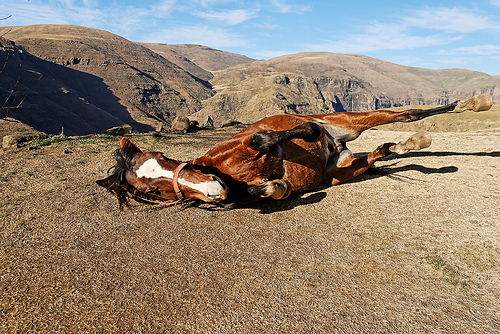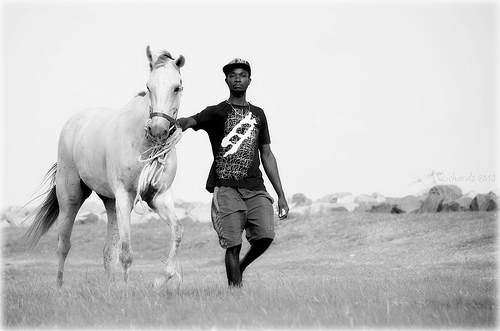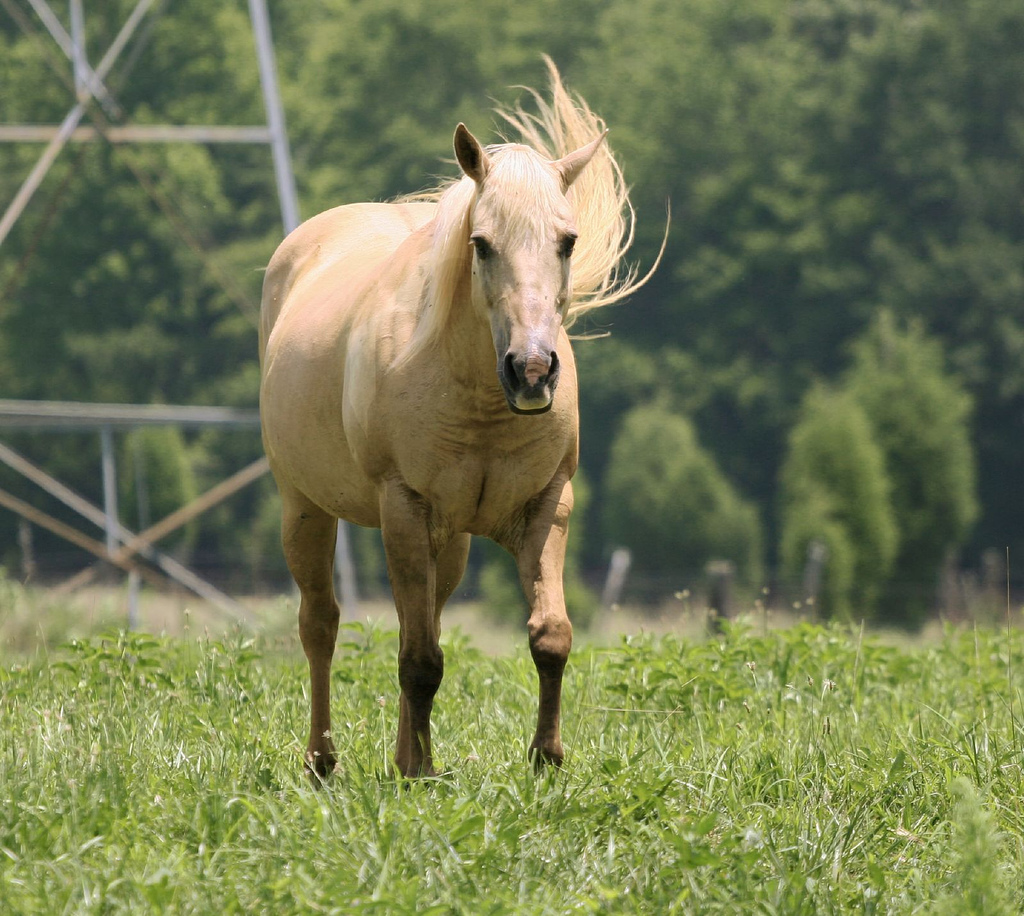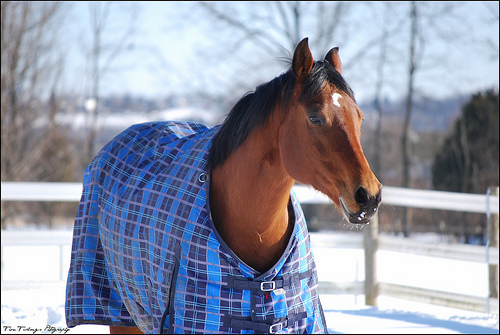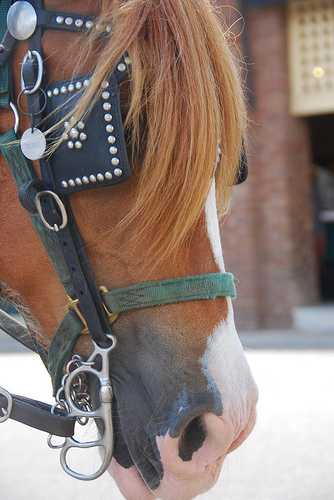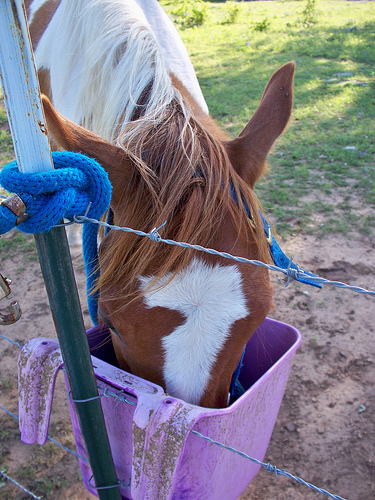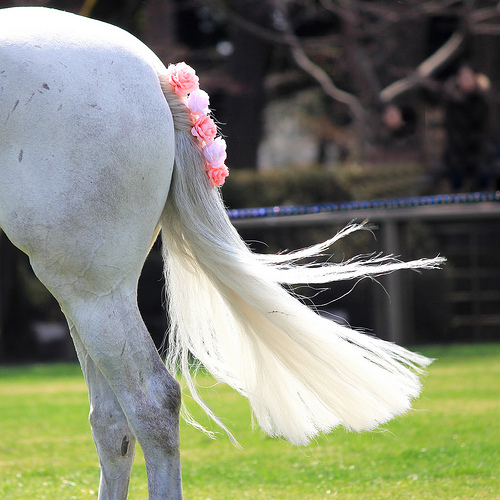This is a colic FAQ for horse owners and breeders who are still quite new to the concept of colic in horses. The main problem with colic pain is that even a perfectly healthy horse can come down with colic pain. And what makes it worse is that your horse might not be able to communicate his discomfort to you, and in such scenarios, the colic pain can become life threatening.
Hence you need to know all about colic so that you can keep your horse safe and healthy.
The queries that you need answered include:
1. What causes colic in horses?
2. How do you figure out that your horse is having colic?
3. How can you prevent your horse from coming down with colic?
4. What do you DO when your horse has colic?
5. When do you need to contact the vet and how can he help you?
So let’s get started and equip you with the basics of colic in horses.
1. What causes colic in horses?
Horses can have colic pain due to a number of reasons and not even vets have been able to pinpoint the exact cause of colic. However, with a joint effort, vets and horse owners/breeders have figured out some of the probable causes of colic in horses.
- Change in feed.
- Accumulation of sand in the caecum.
- Accidental ingestion of fungi or foreign objects that are non digestible.
- Nervousness due to change in handlers can wreak havoc on the digestive system leading to colic pain.
- Change in air pressure – this is especially true for older horses.
- Lack of sufficient water in the system during winter – when horses are forced to live on hay and frigid water. This leads to severe dehydration.
- Gorging on grain can cause colic pain.
- Parasite infestation can also cause blockage in the intestine and cause colic pain.
- Internal damage or distortion in the intestines can also cause severe colic pain.
The causes of colic pain can be many, but one of the more important questions is…
2. How do you figure out that your horse is having colic?
Above all else, you must realize that colic is not a disease — rather it is actually a host of symptoms that show that something is wrong with your horse. Depending on the nature of the problem and the extent of the colic pain, your horse will show any of the following signs:
- Pawing constantly and quite insistently could be a sign of colic discomfort.
- Restlessness and biting at the flanks can also be signs of colic pain.
- Apathy, sweating excessively, standing rigidly at full stretch are also signs you should look out for.
- A horse that is suffering from colic might also kick at his own abdomen – even if there are no flies around – to alleviate the irritation inside.
- Less or no manure production could be a sign of colic. A healthy colic-free horse excretes about eight piles of manure a day.
- Lack of noise from the otherwise noisy gut could also be a warning sign. Due to the constant fermentation going on in the horse’s intestines, its gut is a rather noisy part of its anatomy.
- A horse suffering from colic pain can also be rolling on the ground to relieve the pain. The more severe the pain, the more violent the rolling – a horse can also hurt itself during this period.
Some of the changes in the physiological conditions of a horse with colic include:
- Elevated pulse rate – the normal pulse rate should be between 27 and 43 beats per minute.
- Elevated body temperatures – the normal temperature should be 98 to 100 degree Fahrenheit.
- Depressed or elevated respiration – the average should be between 8 and16 times every minute.
This brings you to the most important knowledge when it comes to colic…
3. How can you prevent your horse from coming down with colic?
There are ways to ensure that your horse doesn’t fall a victim to colic pain. The best way of doing so is to eliminate the probable causes of colic.
Here’s a list of what you can do:
- Introduce changes in the feed gradually so as to let your horse get used to the different feed. And if you’re introducing him to lush pastures, that too should be done gradually. But maintain a regular feeding routine.
- Make sure your horse gets to drink fresh, clean water every time. Get him to drink sips of water throughout his workout. And replenish his water trough frequently in winter – living on snow is just not an option if you want your horse to be healthy!
- In case your horse has a habit of chewing on his bedding, you can use shavings for his bed. This will help to stop him from ingesting foreign particles.
- Monitor your horse’s eating habits; don’t let him have too many apples or any other fruit, make sure you clear the fields and pastures of such fruits.
- De- worming your horse regularly helps get rid of parasites.
- Provide good quality fodder as well as pasture time. A horse needs to eat small meals frequently.
- Get his teeth checked regularly to ensure he can chew his food properly.
Keep your vet’s contact number at hand always; you never know when you might need your vet to take a look at your horse. But if you find your horse is having colic pain, you need to take matters into hand even before the vet can come to your aid.
4. What do you DO when your horse has colic?
- The first step is to assess the horse’s condition. Your horse might be suffering from mild colic and is agitated. If so, you can help him move around and get him some relief. Remove all food items from near his vicinity.
- If the horse is still calm, get him to do ‘belly lifts’. Let him trot around. If the discomfort eases and he is able to have some food, offer very small doses of it. Don’t tire him out; it will make the discomfort worse.
- If the horse is being violent, safety comes first. Try to get him to remain standing because a fit of violent rolling can harm his intestines.
- Call the vet.
5 When do you need to contact the vet and how can he help you?
Once your horse refuses to calm down, even with a familiar handler, it is time to get the vet to check him.
- The vet will give him deworming meds.
- He will check for the horse’s diagnostics and act accordingly.
- The vet might insert a fluid through the nostrils or the rectum to dislodge the blockage that is causing the colic pain.
- He can also administer anti-spasmodic meds depending on the severity of the pain.
This was the basic colic FAQ for you…and, given that your horse depends on you for his well-being, you should keep a close eye on his health. After all, prevention is better than cure.

